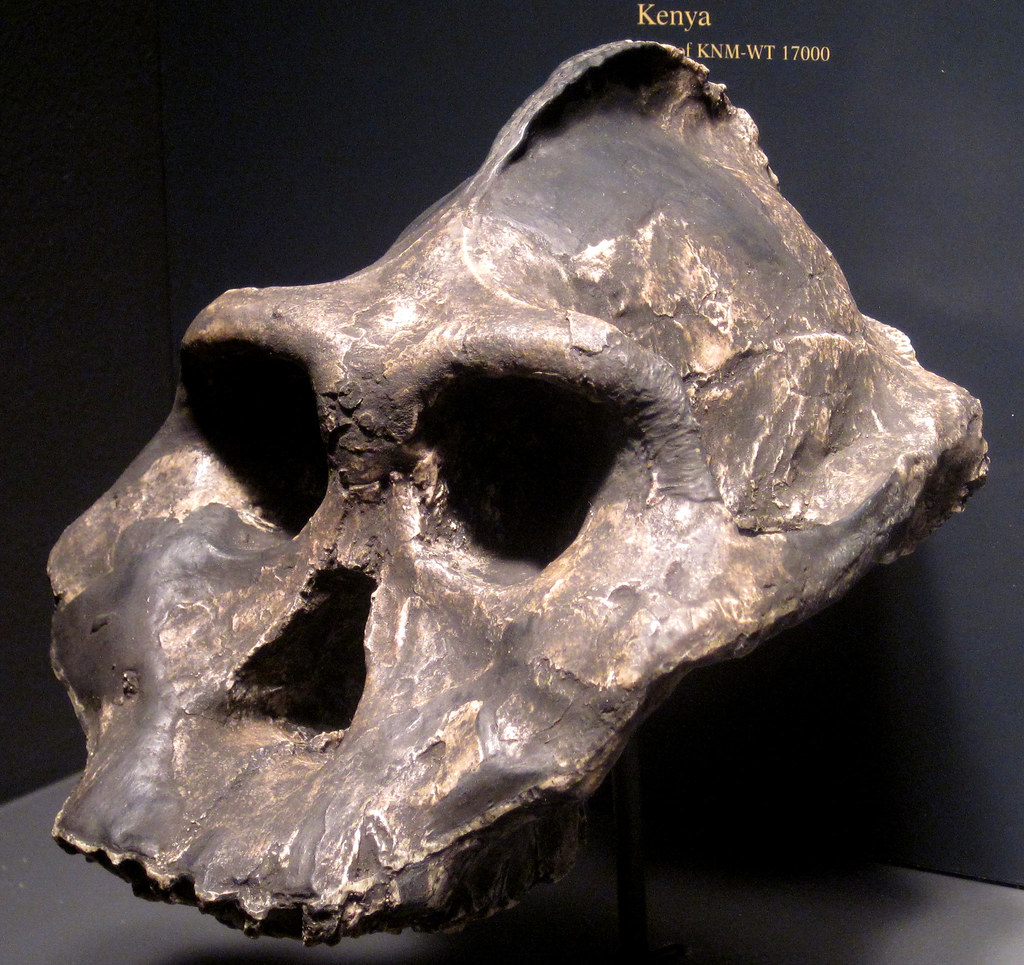
Have you ever wondered what human teeth used to look like? It’s easy to assume that our ancestors had teeth similar to ours, but the truth is quite different. They have evolved significantly over time, leading to the distinctive smiles we have today. Continue reading as we explore the fascinating history of this dental evolution and provide insights on protecting our modern teeth from harm.
What Were Our Ancestors’ Teeth Like?
Around seven million years ago, the predecessors of modern humans exhibited unique dental features that distinguished their smiles. These ancestors shared many similarities with chimpanzees, including elongated jaws that led to prominent facial features.
These early humans had dental arrangements characterized by prominent teeth, including pointed canines and prominent molars, but they notably lacked significant enamel. Recent research suggests that their diet, which primarily consisted of fruit and soft tree buds, played a role in this enamel deficiency.
How Do Moder Teeth Differ?
The direct ancestors of humans underwent significant dietary and environmental changes compared to their early ancestors. These changes, including the addition of animal foods to their diet, played a crucial role in the development of modern dental features, such as third molars, commonly known as wisdom teeth.
Around 250,000 years ago, early forms of modern smiles started to emerge. During this era, our direct ancestors evolved shorter jaws and more pointed chins, which contributed to increased strength.
These adaptations led to the development of smaller teeth with thicker enamel layers, arranged in a parabolic arc. These changes also resulted in a more vertically oriented facial structure.
How to Keep Modern Teeth Safe
Indeed, human teeth have evolved over time, and oral care practices have undergone substantial transformations as well. To safeguard the health of your contemporary smiles, it’s crucial to heed these recommendations:
- Maintain Good Oral Hygiene – Insufficient dental hygiene can result in the accumulation of detrimental oral bacteria, which may harm your teeth. To preserve excellent oral health, remember to brush your teeth twice daily, floss between them at least once a day, and incorporate mouthwash into your routine consistently.
- Avoid Bad Oral Habits – As the name implies, poor oral habits can have detrimental effects on your mouth. Biting hard objects can lead to chipped teeth, while smoking or using tobacco products can increase the risk of severe gum disease.
- Eat a Healthy Diet – Consuming excessive sugar can contribute to cavities and gum disease. Therefore, it’s crucial to include more mouth-healthy nutrients in your diet. Concentrate on foods like lean proteins, dairy products, and leafy greens to promote your oral health.
- Get Dental Checkups – Make it a priority to schedule dental checkups and cleanings every six months. These routine visits will aid in the detection and resolution of oral problems, decreasing the chances of dental emergencies.
To pay homage to the evolution of teeth over time, be sure to take good care of your pearly whites by brushing, flossing, eating well, and attending regular dental visits. This will help you maintain a healthier, happier smile!
About the Practice
At Painesville Dental Group, our team of dental experts, including Dr. Nicholas Slezak, Dr. Dennis Horvath, Dr. Jerry V. Patriarca, and Dr. Stephanie Pichler, is dedicated to helping patients in Ohio achieve enduring and beautiful smiles. With our highly skilled professionals, we prioritize personalized care, ensuring that we meet each patient’s unique needs promptly and effectively. Our comprehensive range of services is designed to address a variety of oral health concerns, providing the relief and solutions you deserve. If you’d like to learn more or schedule an appointment, please call our office at (440) 354-2183 or visit our website.
